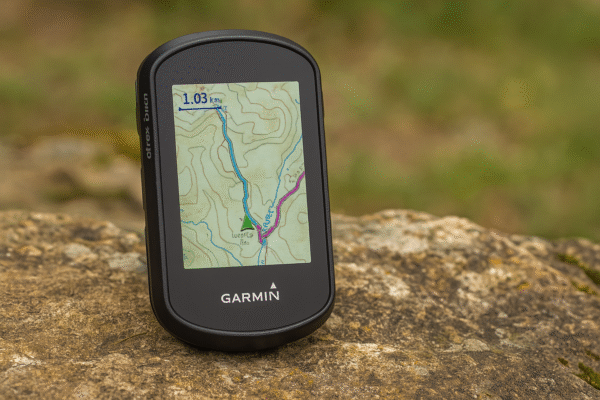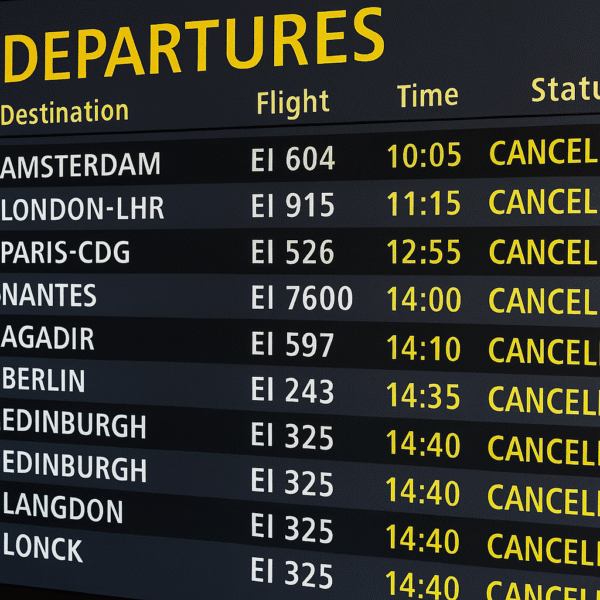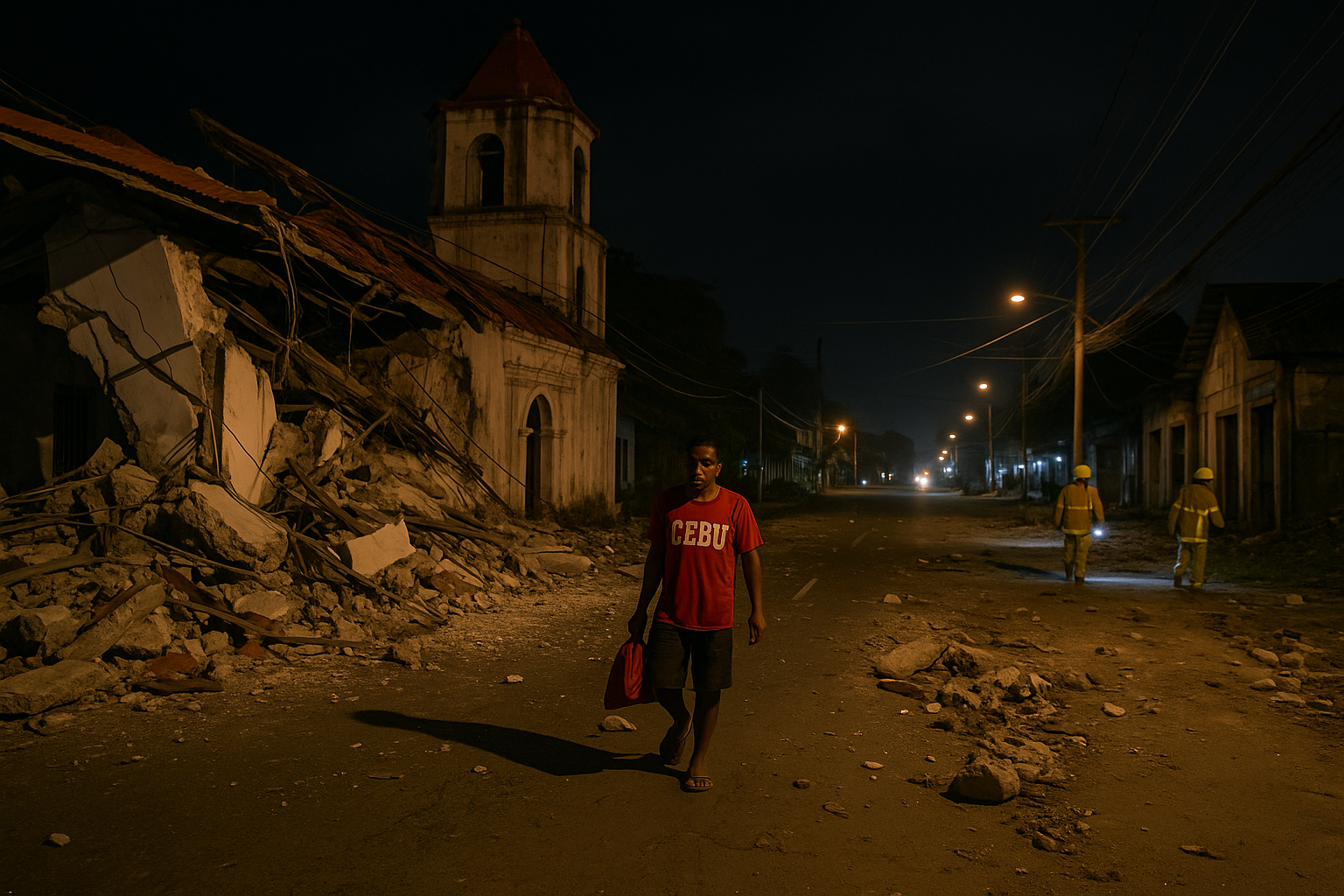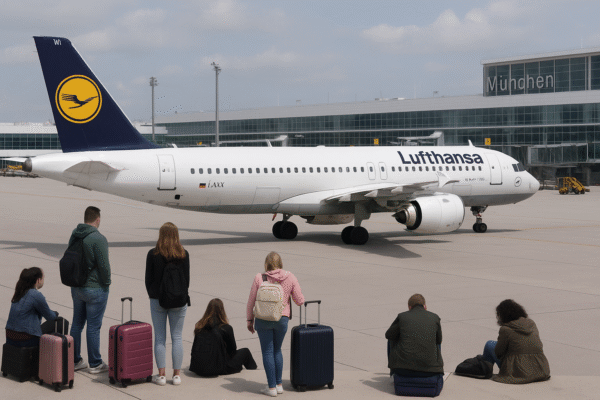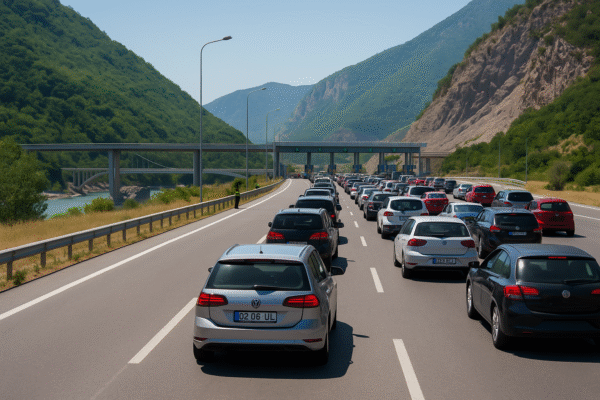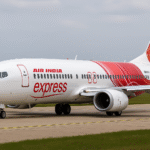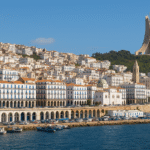Each July and August, Albania’s National Road transforms into a lifeline for travelers from Kosovo. Families, holidaymakers, and returning diaspora fill the lanes of the A1 motorway (Rruga e Kombit), eager to reach the pristine beaches of Durrës, Shengjin, and Vlora. The route, stretching from the Morinë border to Tirana and Albania’s Adriatic coast, is one of the most strategic infrastructure links in the region.
This summer has followed the familiar pattern: traffic builds during mornings and late afternoons, with Kalimash toll station acting as the main bottleneck. Queues sometimes extend for kilometers, yet most travelers accept the wait as part of the summer ritual of reaching Albania’s Riviera.
Measures to Ease Congestion
To keep traffic moving, authorities have taken several steps:
- Increased traffic police patrols near toll points and highway interchanges.
- Additional toll counters and lanes opened at Kalimash during peak days.
- Real-time traffic monitoring via cameras to better coordinate responses.
These interventions have significantly reduced waiting times compared to previous years. While short delays remain unavoidable, queues are shorter, and drivers report smoother passage.
Infrastructure That Changed the Journey
The Thirrë–Kalimash tunnel, inaugurated in 2009, cut travel time between Kosovo’s border and Tirana from nearly eight hours to just three. This transformation boosted Albania’s tourism and positioned its Riviera as the most accessible seaside destination for Kosovars.
In November 2024, the Drini Bridge near Kukës opened to traffic, replacing older, narrow crossings and easing pressure on the corridor. This upgrade further improved safety and reduced bottlenecks, making the journey more efficient.
Road Safety and Joint Patrols
Heavy seasonal traffic also raises safety concerns. To address this, a joint patrol initiative was launched in July 2025 by both Albanian and Kosovo police forces. Officers from both sides now cooperate to:
- Enforce traffic discipline.
- Assist in emergencies.
- Provide faster responses to accidents.
This collaboration has already reduced road incidents compared to previous summers, ensuring safer travel for thousands of families.
Looking Ahead: Future Road Solutions
While temporary fixes like extra toll counters help, long-term solutions are underway:
- Expansion of tolling infrastructure along the A1 motorway.
- Plans to widen key road sections and improve interchanges.
- Potential introduction of digital tolling systems for faster, cashless transactions.
The Albanian Ministry of Infrastructure and Energy has emphasized that continued investment will be vital as cross-border tourism numbers rise each year.
Tips for Travelers
- Expect delays on weekends and national holidays.
- Carry cash in euros or Albanian lek, as not all toll booths accept cards.
- Electronic passes are available for frequent drivers, but not all lanes support them.
- Enjoy the trip: the Drin River valley views, modern tunnel, and scenic landscapes are part of the travel experience.
Tourism and Economic Impact
Beyond being a road, the A1 motorway is a bridge between nations. Kosovo citizens provide a major boost to Albania’s tourism economy, filling hotels, restaurants, and seaside resorts. In turn, Albania’s coastal destinations give Kosovars quick access to summer holidays by the sea.
The Kosovo–Albania corridor embodies not just transportation but also cultural and economic unity. Each summer, it reaffirms the bond between the two countries through shared travel and leisure.
Conclusion
The National Road continues to be Albania’s busiest summer corridor, handling record traffic from Kosovo to the coast. Thanks to stronger policing, infrastructure upgrades, and better traffic management, congestion is now more manageable, and accidents fewer. With planned investments in digital tolling and wider roadways, the future promises even smoother travel.
For families heading to Albania’s Riviera, the journey on Rruga e Kombit is more than just a drive—it is the start of a holiday that combines breathtaking landscapes with the warmth of shared regional ties.
For more travel news like this, keep reading Global Travel Wire



